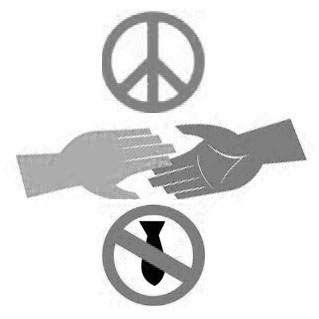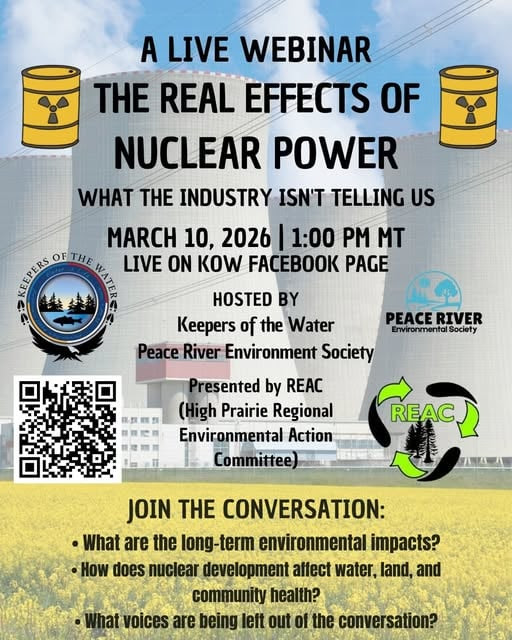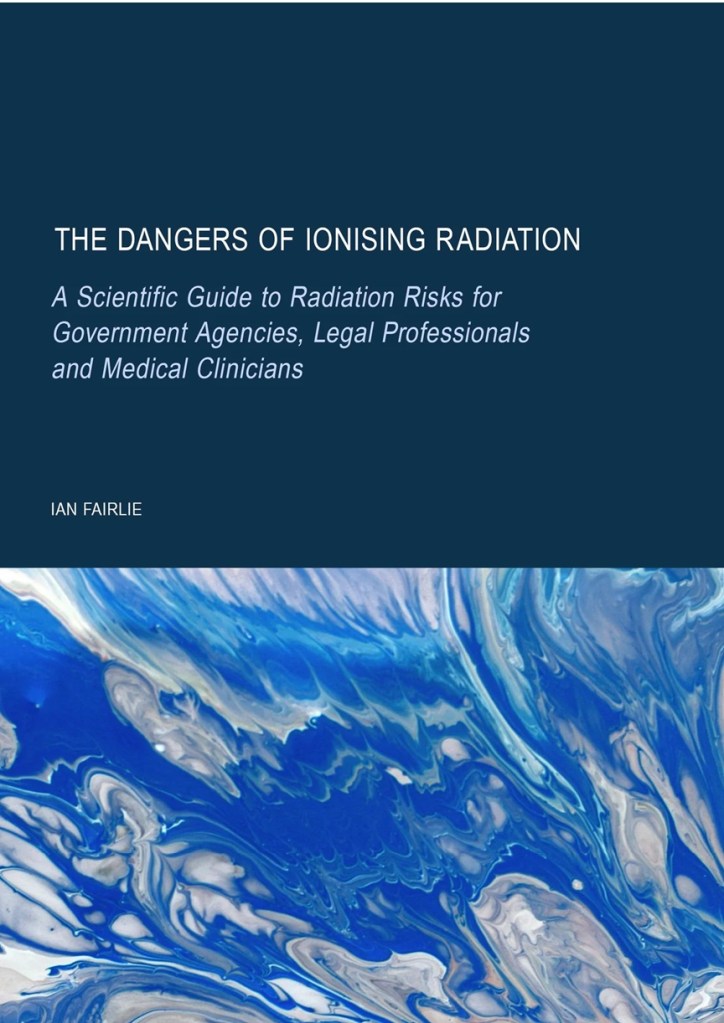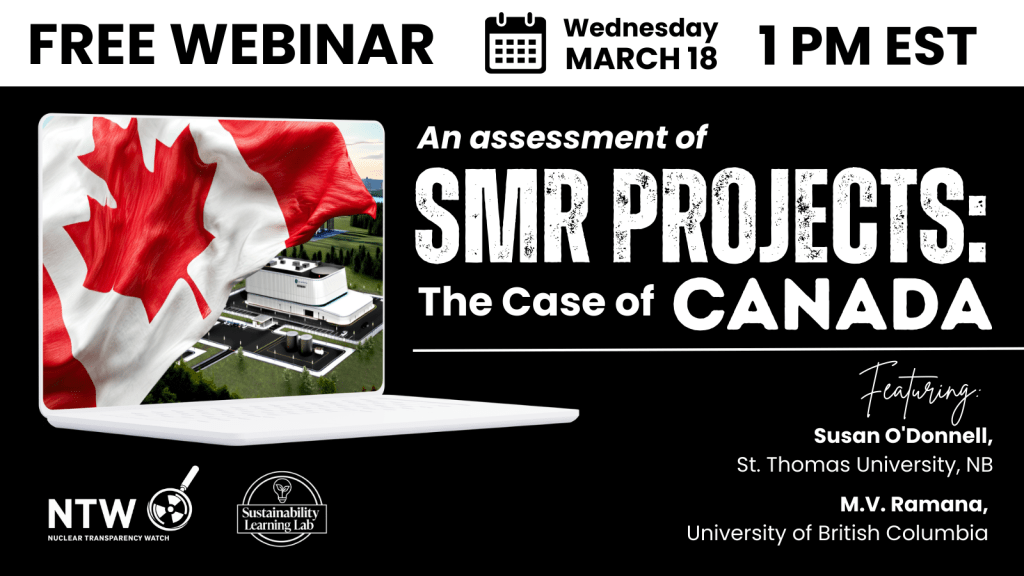Putin Offers Reasonable Peace Terms to Ukraine; Zelenskiy Instantly Rejects Them; West Prepares for War.

OLIVER BOYD-BARRETT, JUN 14, 2024, https://oliverboydbarrett.substack.com/p/putin-offers-reasonable-peace-terms?utm_source=post-email-title&publication_id=305689&post_id=145649348&utm_campaign=email-post-title&isFreemail=true&r=cqey&triedRedirect=true&utm_medium=email
Putin’s Conditions for Peace

At a meeting yesterday, June 13th, with the board of the Russian Foreign Ministry, Putin has laid out Russia’s condition for peace in the Ukraine conflict. Although Ukraine’s foreign minister has already rejected these conditions as “absurd,” they are clearly very significant. Ukraine’s rejection comes from the representative of a government whose legislative record includes a prohibition of any kind of negotiation with the current Russian government and whose only recently stated terms of settlement are a complete Russian withdrawal from all the territories that Russia has occupied, payment of reparations and punishment for alleged war crimes.
Putin’s terms, on the other hand, build on the Istanbul peace agreement of March 2022, drafts of which were endorsed by both Russian and Ukrainian signatories, but which were then undermined by Washington through the agency of former British Prime Minister, Boris Johnson who told Ukraine that NATO could not support the terms of the agreement, that Ukraine should fight on, and that NATO would supply all the weapons that Ukraine would need to win the war.
Well, here we are, over two years later. Ukraine has clearly not won the war. NATO weapons have not been sufficient for it to win the war. The Ukrainian army is showing some indications of collapse, as is the nation of Ukraine itself, still under the charge of a President whose legitimate (and, indeed, constitutionally permitted) term of office has now expired and who has refused to call elections that would almost certainly have replaced him.

Why? Because Ukraine has become a mere vassal to Washington, with very little agency over how to fight the war and no agency whatsover in how to fund it; it has lost well over half a million men, dead and wounded, on the battlefields; millions have fled; Ukraine’s recent mobilization is highly unpopular; the country is subject, on a very regular basis, to missile and drone attacks across the entire territory of Ukraine that are highly damaging in their consequences for what remains of Ukrainian industry and commerce; the country has lost 20% of its territory and a good deal more of its wealth; the regime has suppressed political parties it does not like, and any free speech it does not like, even worship it does not like.
If that was not enough let us not forget that Zelinskiy, considered by Scott Ritter to be an agent of Western intelligence, came to power on the back of financial support from a Ukrainian oligarch, promising a peaceful settlement of the conflict with Russia.
Putin is saying to Ukraine that it could achieve an immediate ceasefire if it withdraws all its troops from the four former oblasts of Ukraine that Russia currently occupies and which Russia has integrated into the Russian Federation, and publicly abandons its quest to join NATO. It is clear that Russia would expect to retain Crimea, whose governing body in 2014 sought integration into the Russian Federation for protection from a virulently anti-Russian coup regime in Kiev. All these territories are either predominantly Russian-speaking or have substantial populations of Russian-speakers and whose cultures (including, formerly, Russian language mass media) are significantly associated with that of Russia. There is very little evidence of resistance from the populations of these territories to Russian control and numerous surveys have confirmed that the people of Crimea are content with their 2014 choice.
Long ago, Ukraine rejected the possibility of a far more peaceful outcome to the conflict which had started out, primarily, as a conflict between two antagonistic peoples who had been cobbled together first, by the Soviet Union and then, by Kiev. That peaceful outcome would have been a de-concentration of central power in Kiev – a form of federalization if you will – that would have allowed what were then the People’s Republics of Luhansk and Dontetsk (formed in the immediate aftermath of the illegal, US-supported, US-funded, violent and anti-democratic coup d’etat of 2014) greater autonomy within the umbrella of Ukraine.
An arrangement along these lines was agreed by Ukraine, Russia and, through OSCE (The Organization for Security and Co-operation in Europe), the European powers (notably Germany) in the so-called Minsk accords of 2014 and 2015, following defeat of Kiev by militia of the People’s Republics. These were never implemented. Both Ukrainian and European leaders are on record as saying that they never intended that Minsk should be implemented; that the intention of Kiev and Europe was to sign the Minsk accords simply to buy more time for Ukraine, with Western assistance, to rebuild its armed forces and to retake the People’s Republics. Indeed, the threat of imminent attack by Ukraine on the People’s Republics was one factor that compelled Putin to launch the Special Military Operation in February, 2022. Other factors included the rejection by the US to honor a commitment given Putin by Biden that the US would not establish nuclear weapons in Ukraine, and to enter into dialog about other such threats to Russian national security interests in Poland and Romania.

If Ukraine today withdraws from what it regards as Russian occupied territories and promises to forego efforts for membership of NATO, then an immediate ceasefire will come into effect. This would not be a “frozen conflict,” Putin has explained. It would be the start of a period of negotiations and in these negotiations Russia would still advance its other demands namely demilitarization of Ukraine, and its de-nazification, all this within a broader compass that would involve not just European but also other nations in discussions about the construction of, and guarantees for, a new European security architecture. On considering the outcome of the GT meeting (see below), I wonder whether Russian interests might actually be better served in the context of a complete victory, given that this would obviate, in the “dictation of terms” all questions of reparations and war crimes, and include the unfreezing and return of Russian assets in Europe and the US.
G7 Meeting
There have been at least two important outcomes of the G7 meeting that occurred in Apulia, Southern Italy, still in progress, from June 13 to June 15th. Significantly, Putin delivered his address (see above) to the Russian Foreign Ministry on June 13th. The meeting comes shortly before the so-called Swiss Peace Conference in Bürgenstock on June 15th and 16th, and ahead of the NATO Summit in Washington from July 9th to July 11th. It is relevant to note that the next meeting of the BRICS will be in October, in Kazan at which the agenda will include considerations of the admission of BRICS of over 30 countries that are interested in joining (which include Turkey, which would have to give up its membership of NATO were it to join), and the construction of an international financial order in which countries could trade freely outside the petrodollar zone (which BRICS member Saudi Arabia has just abandoned).
$50 Billion Loan for Ukraine

The New York Times report of July 14 specifies that the United States, the EU and other G7 countries plan to give Ukraine a $50 billion loan to help it buy weapons and begin to rebuild damaged infrastructure. The money will be repaid over time with the profits earned from Russian assets, some $300 billion, about two-thirds of which are in Europe. Interest on matured bonds is already creating a return of return, depending on the interest rate, of $3 billion to $4 billion a year. Rather than just providing Ukraine that relatively small yearly sum, the G7 countries have adopted the concept of loan. This could be provided to Ukraine by the end of this year. Ukraine’s current financial and military needs are estimated at about $100 billion a year.
The G7 countries have agreed to put up the money for the loan. At the moment, it seems that the European Union is prepared to put up half, about $25 billion to $30 billion, with the Americans and others putting up the rest. Since most of the assets are in Europe, the Europeans want to ensure that, as the proceeds are spent, European companies get a fair share, especially European arms manufacturers. Ukraine therefore will be the beneficiary of the profits from the Russian assets, but will not be responsible for repaying the loan.
Liability is expected to be shared among the countries that issue it. In effect, therefore, the collective West will use interest on Russian assets for the purposes of fighting and weaponizing the war, to pay off the country’s budgetary deficit (which might include, therefore, payments due on aid that Ukraine has so far received in the form of other loans from Western countries) and to pay for post-war reconstruction. This money would be lent to Ukraine but Ukraine would not be expected to pay it back because those countries through whom the loan is distributed will also guarantee it – in other words, would take responsibility of paying off the loan. My guess is that the ultimate intent is to pay it back, once again, by drawing on interest or on the frozen assets themselves.
The loan will go to Ukraine by the end of the year and will be used to support Ukraine militarily, including helping it establish arms factories on its territory; cover the country’s budgetary deficit; and in reconstruction of infrastructure. Disbursement is supposed to depend in part on Ukraine’s ability to use the money to good effect. We don’t yet know through which agencies the money will be disbursed and whether Ukraine would decide for itself how to use the money (surely not). Whether the legality of this procedure can be supported in countries whose financial industries are not held captive by Western politicians is questionable, as well as the willingness of third-party nations to park any assets of any kind in the countries or the financial institutions of the collective West.
Bilateral Security Agreement between US and Ukraine
US President Joe Biden and Ukrainian President Volodymyr Zelenskyy signed a 10-year bilateral security agreement on 13 June aimed at strengthening Kyiv’s defence capabilities. The United States is the 16th country with which Ukraine has signed a bilateral security agreement. The agreement has been promoted as a step towards “Ukraine’s eventual membership in the NATO alliance” (something which some representatives of NATO members have said would take up to thirty years) and as reaffirmation of US support for Kyiv. More specifically the agreement is intended to sustain significant military force and capabilities. It also states that the:
United States intends to provide long-term materiel, training, and advisory, technical, intelligence, security, defence-industrial, institutional, and other assistance to “develop Ukrainian security and defence forces that are capable of defending a sovereign, independent, democratic Ukraine and deterring future aggression.”
… in the event of an armed attack on Ukraine or the threat of such an attack, American and Ukrainian authorities will meet within 24 hours to consult and determine what extra defence necessities Ukraine has.
This latter is somewhat loose and probably meaningless language. The agreement falls well short of membership of NATO. It is time-limited and, even so, recognises that a future US president can withdraw from a security agreement with Ukraine since it does not provide for ratification by Congress.
Question about NATO membership
From before and during this conflict, the US and NATO, at least from 2008, have encouraged Ukraine to think that it can become a member of Ukraine or even be considered eligible for entry into a membership action plan (until recently a required step prior to membership). Yet this has been consistently refused. Membership of NATO was heavily promoted by Zelenskiy even though until 2014 majority opinion in Ukraine was firmly against this. Not only was the measure unpopular then and for many is still, but conditions of membership precluded Ukraine from joining, given that it is a country that is currently in a conflict. Many NATO members, wiser than the US, Germany, France and the UK, are reluctant to anger Russia over something – i.e. violation of Ukraine’s neutrality – that Russia has consistently argued is a Red Line for Russia.
But all NATO decisions are consensual. At NATO’s Bucharest summit later in 2008, member countries did not reach a consensus on Ukraine’s request.
In July 2023 NATO agreed to a new multi-year assistance programme to “facilitate the transition of the Ukrainian armed forces from Soviet-era to NATO standards and help rebuild Ukraine’s security and defence sector, covering critical needs like fuel, demining equipment, and medical supplies…and agreed to establish the new NATO-Ukraine Council. Allies also reaffirmed that Ukraine will become a member of NATO, and agreed to remove the requirement for a Membership Action Plan. This process in the past has effectively opened the door to membership. Yet membership has to be something on which all existing members must agree.
For a few years starting in 2010, Ukraine adopted a non-aligned status that was codified into law with Yanukovych as president, meaning it could not join military alliances. After the 2014 coup that ousted Yanukovych Ukraine scrapped the non-aligned status. Ukraine has since amended its constitution to explicitly spell out its desire to join NATO, and joining NATO remains the official policy of Ukraine.
Swiss Peace Conference: What is Victory
Ukraine
For Zelenskiy – and this is the position he has taken in advance of the Swiss co-called Peace Conference – the only acceptable peace terms are a complete Russian withdrawl to 1991 borders, payment of reparations, and punishment for what he says are Russian war crimes. We should note in passing that it seems that Zelenskiy’s own office has been at least as influential in determining the framework of this meeting as has the Swiss government, and that its most important objective has probably to do with providing a stage for the collective West and other world leaders’ endorsement of Zelenskiy as a legitimate leader of Ukraine.
160 countries were invited, 90 will attend. Those that will not attend include the US President (who is sending Vice President Kamala Harris and national security adviser Jake Sullivan), Russia (which was not invited; although there was talk of presenting Russia with the conclusions of the conference), China, Brazil nor I believe, India’s Prime Minister Modi. Of the 10 points in the Ukrainian government’s peace plan only three will be formally discussed: nuclear safety, food security (i.e. Ukraine’s ability to export its food by sea) and the return of Ukrainian children transferred to Russia. Zelenskiy’s other demands for complete Russian military withdrawal, war crimes trials, reparations for war damages, and security guarantees have all been omitted from the agenda.
In an article today in Responsible Statecraft, Anatol Lieven (Lieven) notes that a previous Western attempt to rally support in the Global South for Ukraine’s “peace plan” at a confidential meeting in Riyadh in December 2023 was snubbed by most invitees.
Lieven argues that “for Ukraine to recover any significant portion of the land it has lost to Russia now looks highly unlikely given the balance of military and economic strength between the two sides, and the complete failure of last year’s Ukrainian offensive”.
Ukraine’s demand for war crime trials (not to be discussed at the Swiss conference) now has to be set against the contributions of the US and EU to Israeli crimes in Gaza, including genocide, charges of which have now been endorsed, or on the path towards being endorsed, by (1) a United National investigative committee headed by the UN head of human rights (see article today by Andre Damon (Damon) – UN commission finds Israel guilty of “extermination,” “crimes against humanity,” killing Palestinians and Israeli hostages, (2) the International Criminal Court, and (3) the International Court of Justice. U.S. rejection of the right of the International Criminal Court to investigate and judge these crimes, and U.S. previous rejection of the jurisdiction of the ICC over American citizens has long subverted Washington’s moral authority or credibility in this area.
Russia
Putin has just told us what Russian strategy is. Ukraine can settle now by conceding what was always the obvious solution – the integration of the four oblasts of Luhansk, Donetsk, Zapporizhzhia and Kherson into the Russian Federation, and acceptance of Crimea (whose people specifically asked to be integrated into the Federation) as Russian. Long ago, Ukraine missed its chance, under Poroshenko and the threats to Poroshenko from Ukrainian Nazi militia such as Azov, simply to allow Luhansk and Donetsk greater autonomy within Ukraine. Ukraine has always been at least two nations – one looking towards the West, the other looking eastwards – governed by an over-centralized State.
Ukraine is nowhere near accepting Russian conditions. Zelenskiy has even legislated against the possibility that there could ever be negotiations with the current Putin-led Russian government. Putin has also indicated that Zelenskiy is an unacceptable interlocuter for Russia as he is illegitimate. Meantime, even as there are indications that the collective West is getting tired of Zelenskiy, of his erratic behavior and his ever strident demands, Zelenskiy is ever more dependent on the collective West for his own domestic security and perceived legitimacy. He is, in fact, an illegimate and unelected President, whose regime suppresses political parties, free speech and religious affiliation.
Assuming that neither that Zelenskiy nor the West show serious interest in Putin’s most recent statement of peace conditions, then I propose we should take Putin at his word, namely, that Russia will continue to fight and to move westwards until Ukraine is defeated and forced to accept terms. At this point it is not even certain that there would still be a Ukraine.
No comments yet.
-
Archives
- February 2026 (256)
- January 2026 (308)
- December 2025 (358)
- November 2025 (359)
- October 2025 (376)
- September 2025 (258)
- August 2025 (319)
- July 2025 (230)
- June 2025 (348)
- May 2025 (261)
- April 2025 (305)
- March 2025 (319)
-
Categories
- 1
- 1 NUCLEAR ISSUES
- business and costs
- climate change
- culture and arts
- ENERGY
- environment
- health
- history
- indigenous issues
- Legal
- marketing of nuclear
- media
- opposition to nuclear
- PERSONAL STORIES
- politics
- politics international
- Religion and ethics
- safety
- secrets,lies and civil liberties
- spinbuster
- technology
- Uranium
- wastes
- weapons and war
- Women
- 2 WORLD
- ACTION
- AFRICA
- Atrocities
- AUSTRALIA
- Christina's notes
- Christina's themes
- culture and arts
- Events
- Fuk 2022
- Fuk 2023
- Fukushima 2017
- Fukushima 2018
- fukushima 2019
- Fukushima 2020
- Fukushima 2021
- general
- global warming
- Humour (God we need it)
- Nuclear
- RARE EARTHS
- Reference
- resources – print
- Resources -audiovicual
- Weekly Newsletter
- World
- World Nuclear
- YouTube
-
RSS
Entries RSS
Comments RSS




Leave a comment